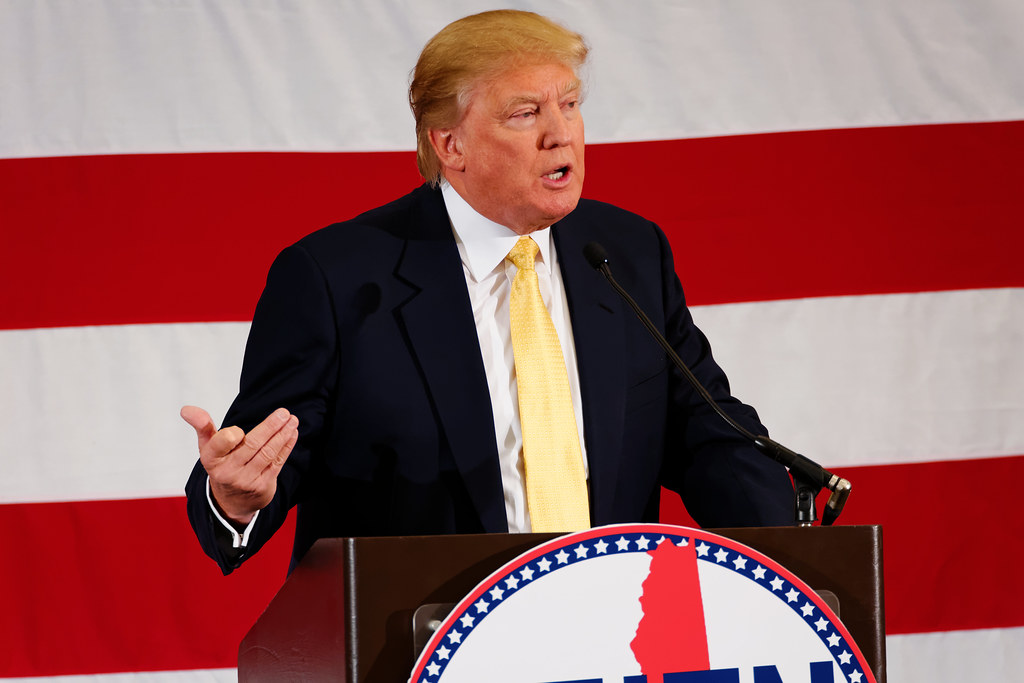Key Takeaways
- President Trump said he would rather end ACA subsidies than extend them.
- He suggested giving health funds directly to people instead of insurers.
- About 22 million Americans face higher insurance costs in January.
- Lawmakers and experts slammed his plan as unclear and risky.
Trump’s New Take on ACA Subsidies
On Tuesday night, President Trump told reporters he does not want to extend ACA subsidies. He said he prefers giving funds “directly to the people.” He even floated letting the subsidies expire completely. His comments came while boarding Air Force One on the way to Florida.
Why Trump Wants to Cut ACA Subsidies
Trump said, “I’d rather not extend them at all.” He added, “I like my plan the best.” However, he gave few details. As a result, many people wonder how his plan would work. Meanwhile, insurers and consumers face uncertainty.
What Ending ACA Subsidies Means for You
If ACA subsidies end, monthly premiums could jump sharply. An estimated 22 million Americans rely on these tax credits. For them, health care could get much more expensive after January. Moreover, families may struggle to afford basic doctor visits and prescriptions.
Swift Reactions from Lawmakers and Experts
Soon after Trump’s remarks, criticism poured in. A leading Democrat said health care should be a top priority—especially before Thanksgiving. A political reporter warned that ending ACA subsidies would hit millions with higher costs. In addition, health experts called the plan vague and unrealistic.
Social Media Backlash
On social media platforms, users expressed shock. Some pointed out that Trump lacks a clear path to implement direct payments. Others accused him of misunderstanding basic health care rules. Meanwhile, some joked that his plan might never leave the drawing board.
Insurance Companies Brace for Impact
Without extended ACA subsidies, insurers must decide on new rates. They set premiums now based on expected government help. If that help vanishes, insurers will raise rates to cover costs. Consequently, consumers will pay more out of pocket.
How Direct Payments Could Work
Trump suggested sending money directly to individuals. However, it is unclear who would qualify. For example, would low-income families get the same checks? And how would states manage enrollment? Therefore, experts say a clear framework is needed.
State Leaders Weigh In
Governors and state insurance boards voiced concern. Some said they could not run their marketplaces without subsidy certainty. Others warned that chaos could spread if rules change by January. In addition, state budgets could face new pressures.
The Road Ahead for Health Coverage
Congress must decide whether to extend the expiring tax credits. So far, no legislation has passed both chambers. Meanwhile, millions wait to hear if their coverage will stay affordable. Therefore, time is running out for a deal.
Possible Scenarios
One option is a short-term extension of ACA subsidies. Another is a multi-year patch that gives consumers more stability. However, Trump prefers ending subsidies and launching his own plan. At this point, Congress and the White House remain far apart.
What Consumers Can Do Now
First, review your current health plan and costs. Second, stay alert for updates from insurers and state marketplaces. Third, explore other assistance programs if you lose ACA aid. Finally, talk to a licensed advisor about your options.
Transition Planning for Families
Families should plan for possible premium hikes. That means budgeting for higher monthly bills. In addition, they may need to set aside money for doctor visits. For example, opening a health savings account could help cover out-of-pocket costs.
The Importance of Clear Policy
Experts stress that any change must include clear rules. Without them, enrollment could drop, and coverage gaps may widen. Consequently, hospital visits and emergency costs could rise. In fact, timely guidance matters for everyone.
Key Points to Remember
- Trump wants to end ACA subsidies rather than extend them.
- Direct payments remain a vague proposal.
- Consumers face potential premium hikes in January.
- Lawmakers and insurers are pressing for clarity.
The Future of ACA Subsidies
In the coming weeks, pressure will grow on Congress and the president. Stakeholders from every corner will demand answers. As policymakers negotiate, millions will watch and wait. Ultimately, the decision will shape health care costs for years to come.
FAQs
What are ACA subsidies and who gets them?
ACA subsidies are tax credits that lower insurance premiums. They go to people who buy plans on the health exchange. Eligibility depends on income and family size.
Why does Trump oppose extending ACA subsidies?
He says he prefers giving money directly to individuals. He believes his own plan would work better. However, he has not detailed how it would function.
How much could premiums rise if subsidies end?
Analysts warn rates could jump by hundreds of dollars per month. Exact amounts vary by state and plan. Therefore, consumers should check potential rate changes.
What should I do if ACA subsidies expire?
First, monitor announcements from your state marketplace. Second, compare plan costs early. Third, seek help from a local navigator or insurance broker. Finally, explore short-term or alternative health coverage if needed.
